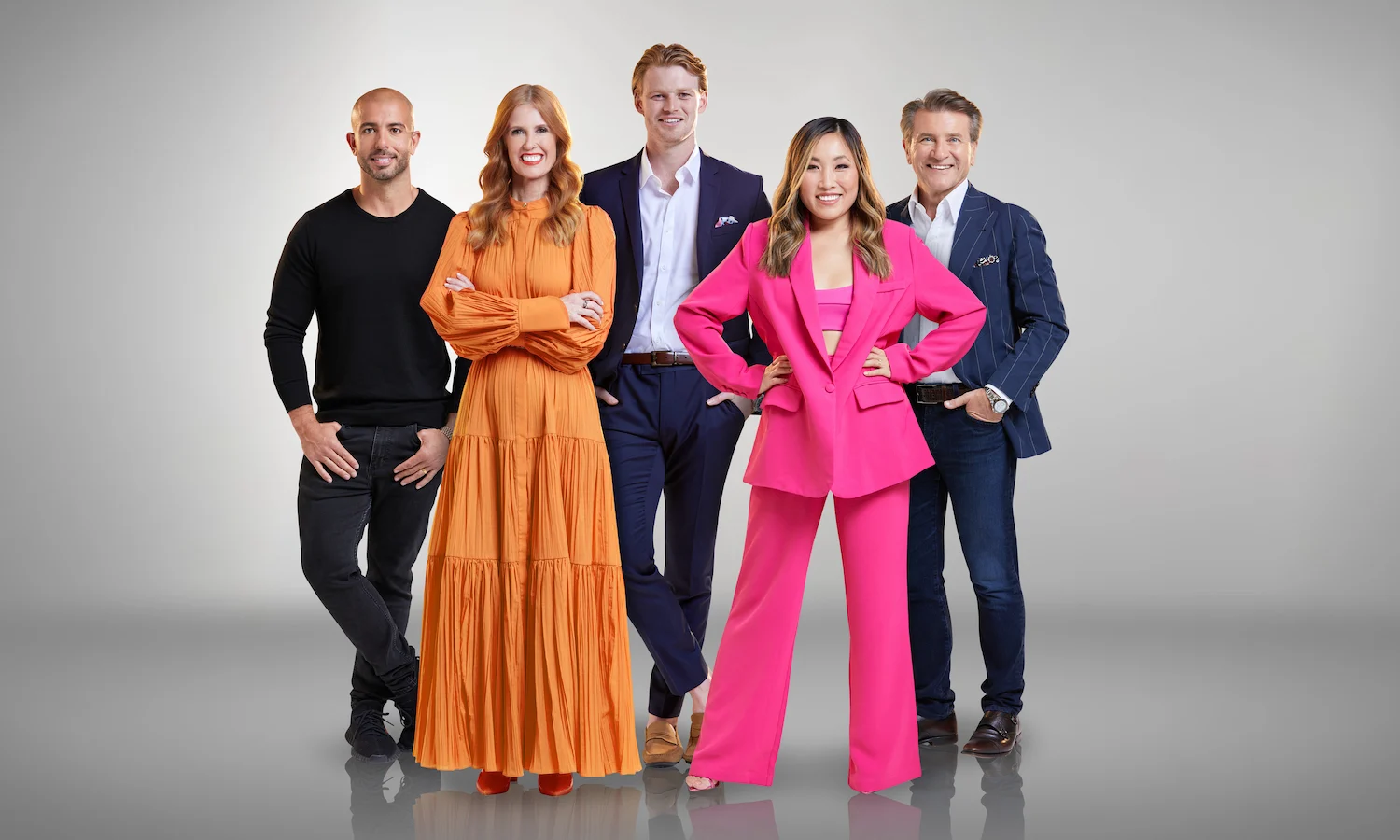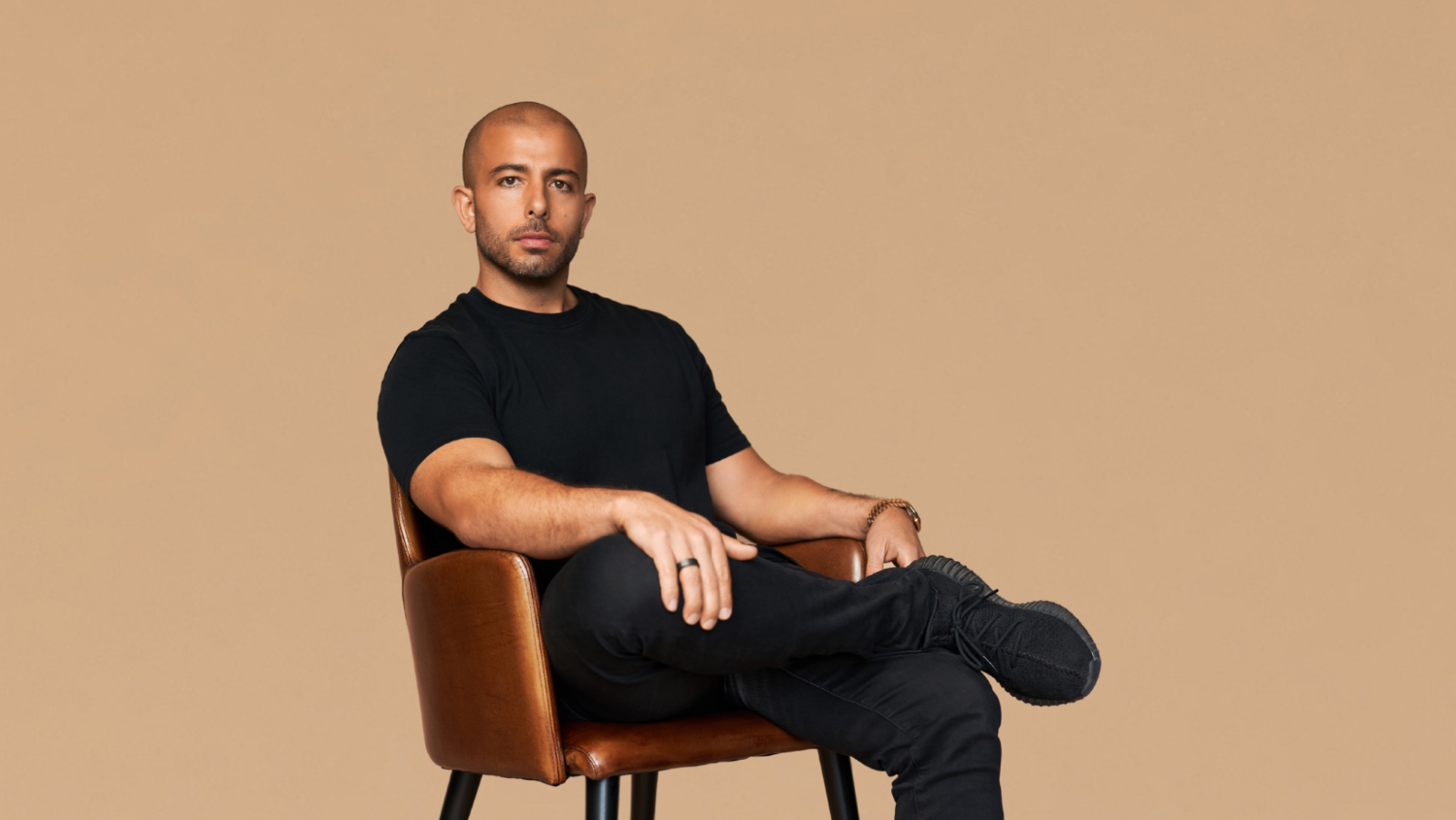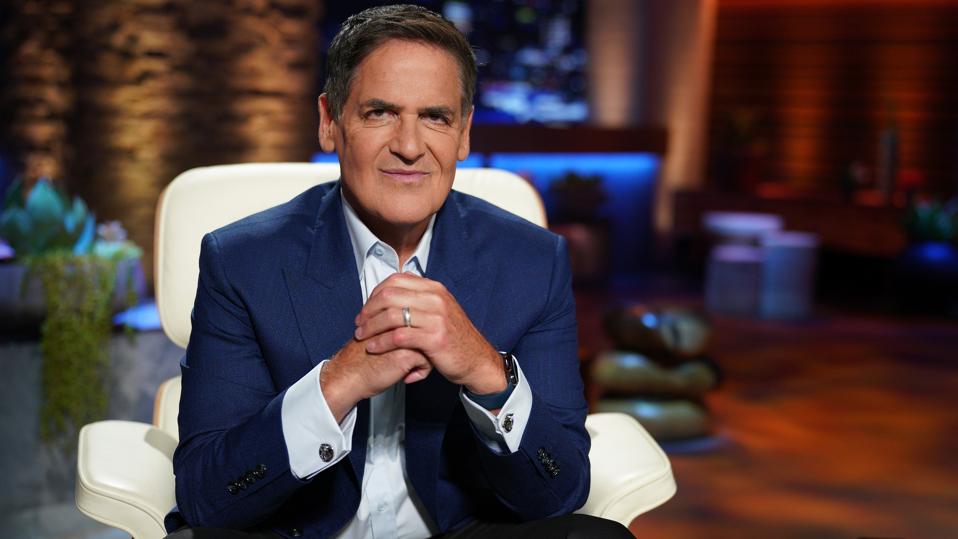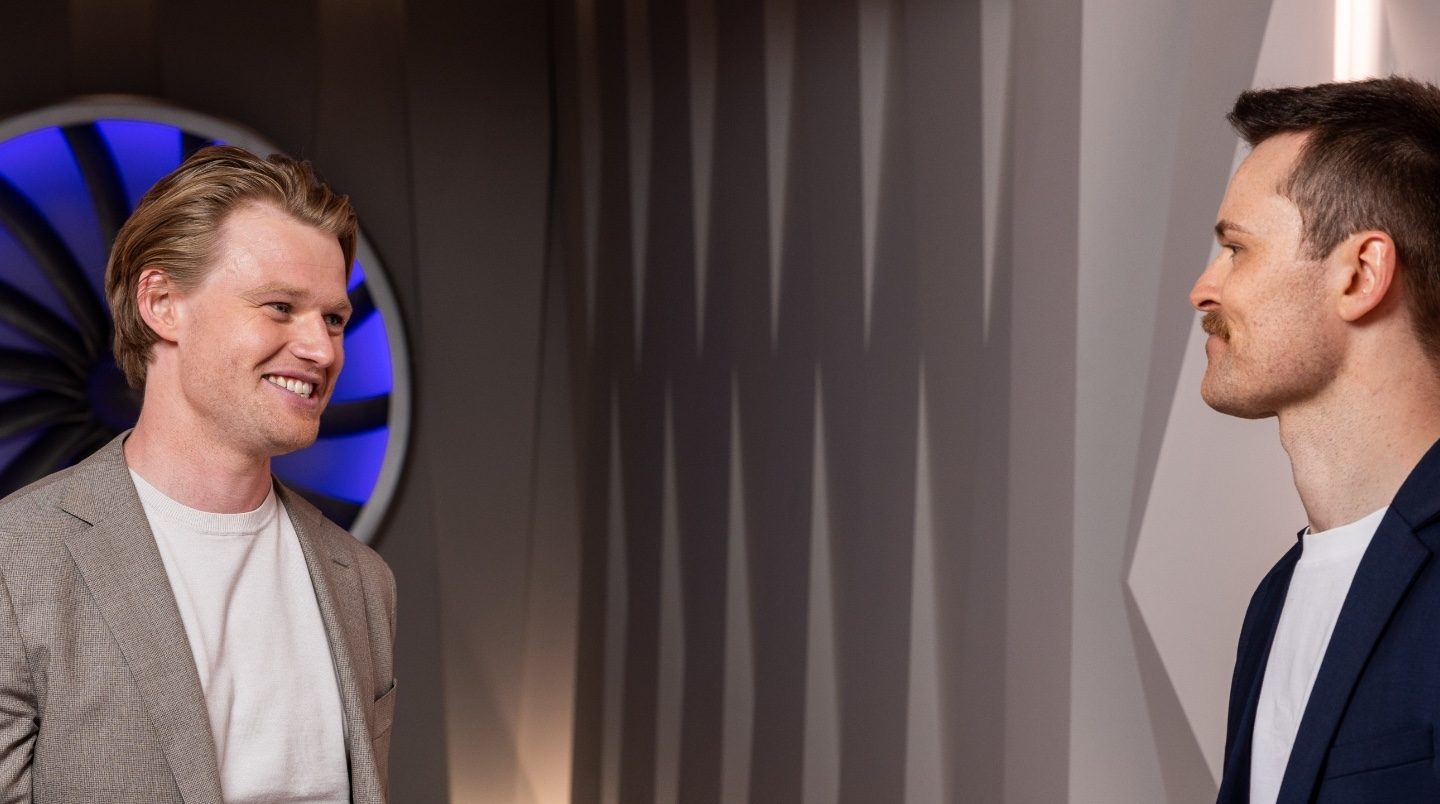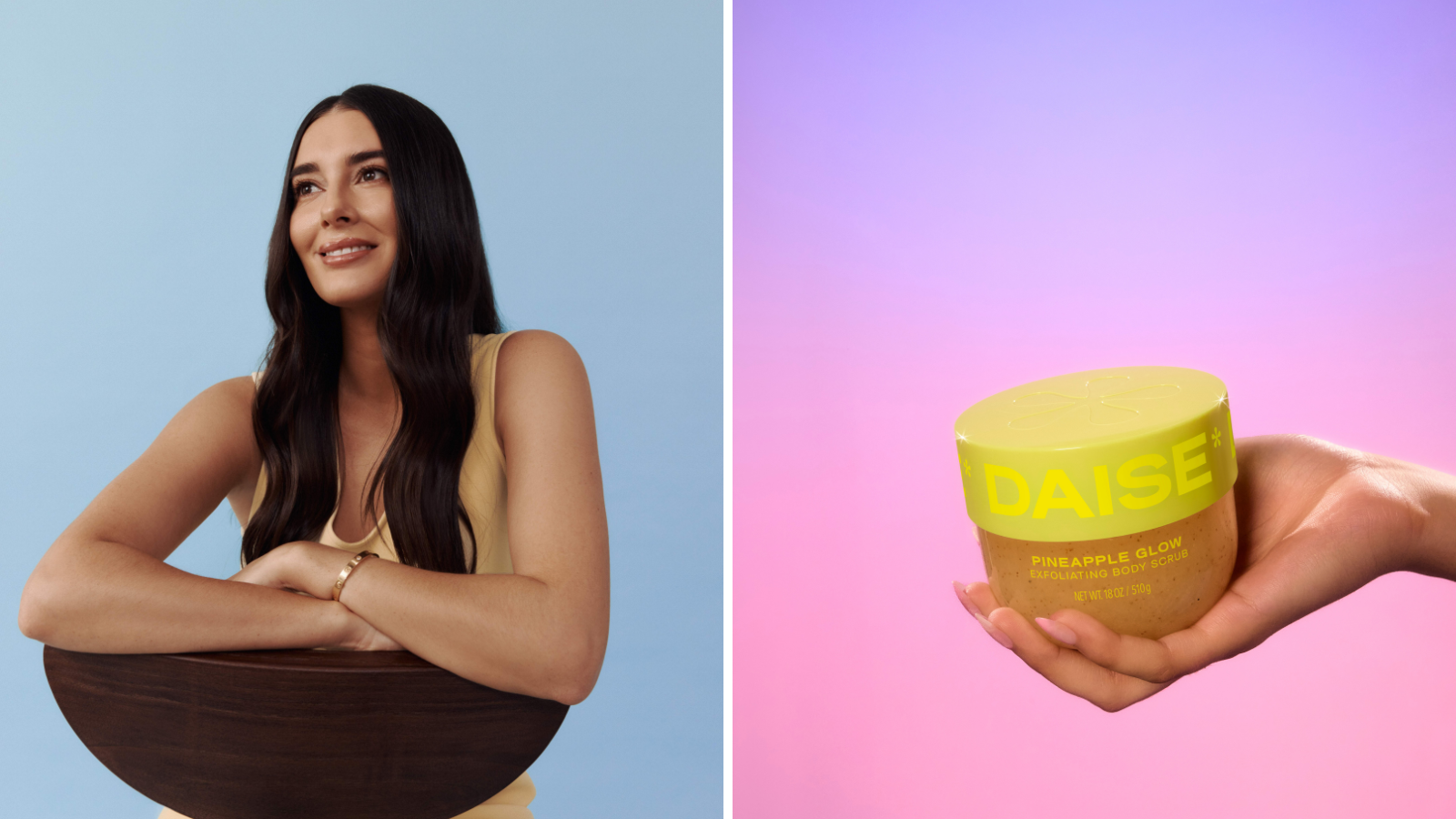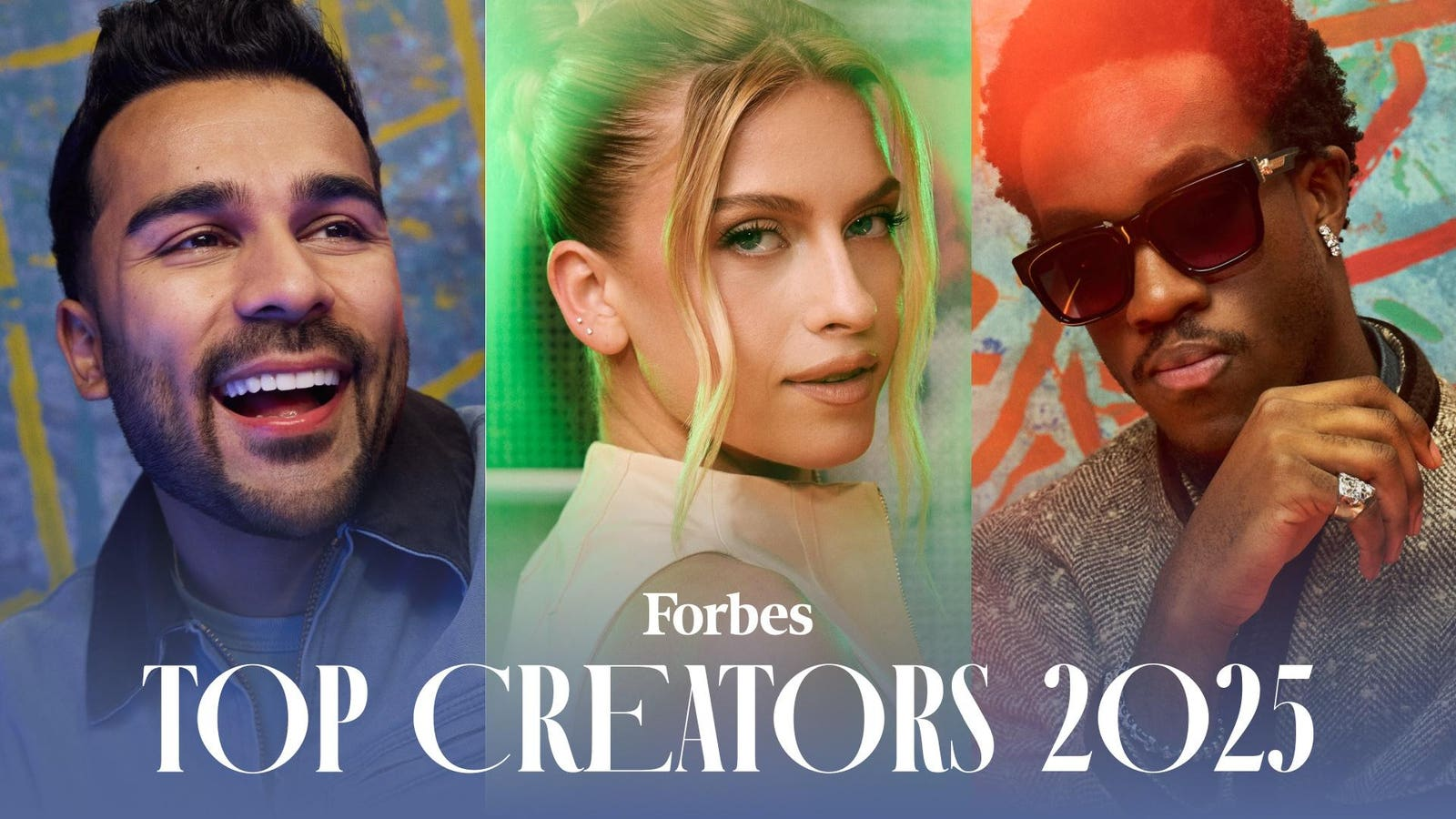After a five-year hiatus, Shark Tank made a triumphant return to Australian screens this year. In a Q+A with Forbes Australia, new Shark Sabri Suby reveals what really goes on behind the scenes of the investment-pitching TV show.
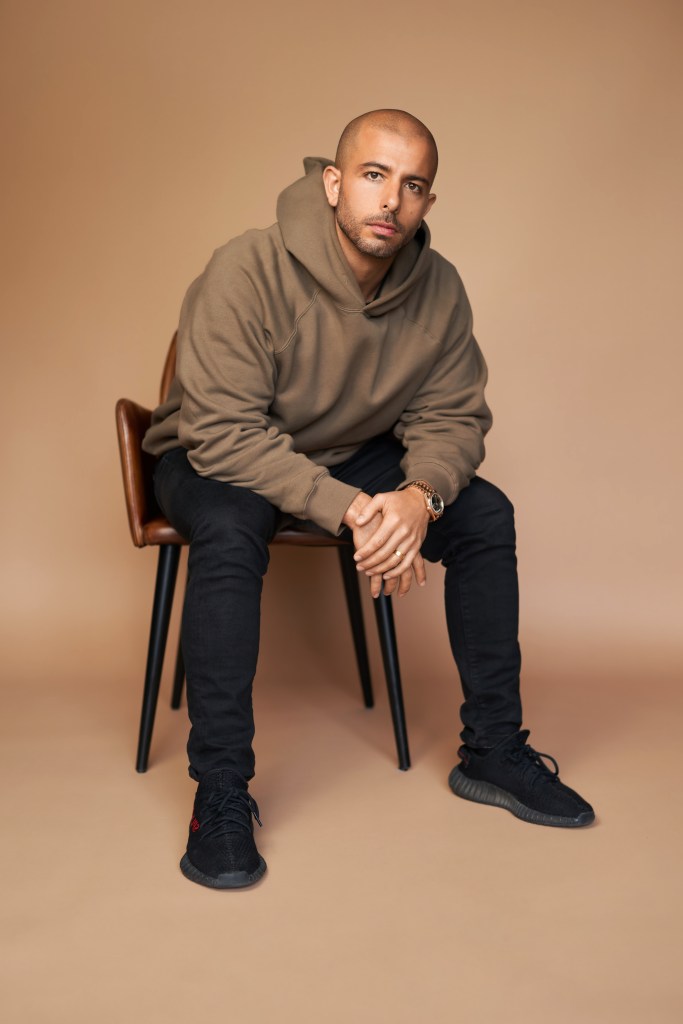
Sabri Suby is one of five new ‘Sharks’ in the new season of Shark Tank Australia. He is worth around $74 million, thanks in large part to his digital marketing agency King Kong, which launched in 2014.
This Q+A has been edited for length and clarity.
Did you have any reservations about becoming a ‘Shark’?
I didn’t have any reservations about becoming a shark because I’d been a fan of the show for many, many years.
When I first got the call, I thought it was a scam because I get multiple unsolicited messages every day about being on a show or winning an award, etc., so it was only after a bit of back and forth that I got on the phone with the producers.
From the moment I found out it was really Shark Tank, I was in. It’s the most powerful business platform that exists on planet Earth, so I was thrilled to be part of it.
Related
How has it been watching this season go to air? Did you watch all the episodes?
It’s really interesting to watch the show and see how they turn what was a two-hour business pitch, down to just six or seven minutes on the air. If you break that up against all five sharks, it’s just over a minute of air time per episode, when you might have been talking for 35 minutes.
So I’m enjoying seeing how things are cut together and the narrative that is formed. I haven’t had a chance to watch all the episodes yet, but it’s very interesting to see what happens behind the scenes versus what goes to air.
That said, one of the things that is so great about the show is that it’s exactly what you see. We don’t know anything about the shark. We don’t know anything about the entrepreneurs before they walk out or any background on the business.
I think that comes across really well when it goes to air on television because that’s the reality of it.
People often think that there’s some special sheet that we’re given, or that there’s a long due diligence process before entrepreneurs come on the show but there isn’t – what you see on television is literally what happens in the tank.
The offers made on the show are often pretty significant – is that what ends up coming out of your own bank account? How much do you actually invest in these businesses?
The offers that you see on air are the offers that come to light, so we are investing millions of dollars into these businesses.
Of course, there is a due diligence process that goes into it, but everything that is presented on air is exactly what the entrepreneurs get and those are the cheques we write.
Some of these businesses can be fairly early stage. For example, you invested in Get Down, a condom business that was yet to make a single sale – when do you expect to see returns on your shark tank investments?
Some of the businesses on the show are very early stage. I typically only invest in businesses that have product market fit and have some runs on the board, so Get Down definitely goes outside of my lens and my mental model of investing.
However, Jane and I made a joint deal on that investment, and we were really investing in the entrepreneurs themselves. We were impressed by their track record, their background and pedigree in marketing.
They’re going out there and serving an under-served market, and disrupting it with a challenger brand mindset.
Additionally, the way that deal was structured means that Jane and I get a royalty, and we’re looking to fund purchase orders, which de-risks much of the investment.
Having a royalty attached to the deal enables us to get our money back, and the entrepreneurs can’t use the money for just anything, it must be exclusively for purchase orders, so that helps in terms of mitigating the risk.
Like anything, it’s going to be a long-term play with Shark Tank and if you look at how most early-stage investing is done, you typically have one in 15-20 wins that pays for the whole portfolio of investments and then some. So it’s high risk, high return.
I don’t have a set timeline, for example that I want my money back in 12 months. That’s not the way these things work.
It’s definitely about looking for that one deal that goes catabolic and makes up for the losses on the board.
Related
Shark Tank really compresses that pitching and investment process – do you ever agree to invest but then change your mind after filming?
Typically, no, because that’s not the agreement of the show. We need to operate in good faith and the way that I look at it is, you’re making an offer in the tank and you’re winning that deal over another shark.
So if you backpedal on the deal, it’s not fair to everyone that’s involved because you’ve taken that opportunity away from another person.
The one exception to that is if the numbers are different to how they were represented in the show.
We’re making offers based on how that business represents itself on air i.e. I have a million dollars in turnover and 200,000 dollars in profit, so then we’re working out the valuation based on the multiple of whatever that profit is. That’s how we’re structuring these deals.
If we then get into the due diligence process and find out they had a million dollars in sales but 20,000 in profit but you based it on a multiple of net profit, naturally that opportunity is going to change.
But if everything is represented as it was on the show then there’s no reason to change my mind on the deal. That’s the deal that was verbally agreed to on the show and that’s what typically transpires.
Have any of your Shark Tank investments gone south?
No, not yet. It’s still too early to tell and see how they’re going to transpire as the months go on.
That due diligence process does take time to go through, so if you ask me that same question in a year’s time, I think I’ll have a more concrete answer.
Related
How much involvement do you expect to have with a business/founder you’ve invested in? Can you give us an example?
A good example here is Suitor, which is a suit hire company that I invested in on a joint deal with Davie (Fogarty), and we’re working really closely with them.
My team ordered all of their tech stack, their ad accounts, fulfillment, back-end logistics, 3PL rates, and everything to fully optimise their whole business because we want to get a return on our investment.
I’ve worked with them on a complete website redesign, focused on increasing conversion rate.
Since we made the investment, their sales doubled in just six months, so they’ve been great at taking our advice and implementing changes to improve the business.
We had a meeting recently at my offices with Davie and the founders, Daniel and Luke, to do a two-hour deep dive and look forth at the next 12 months and what that roadmap looks like.
Related
Your specialty is marketing – how important is a good marketing strategy for founders looking to grow their business?
A good marketing strategy is everything if you’re looking to grow a business. If you do not have marketing, you do not have sales. If you do not have sales, you don’t have a business, you have an expensive hobby.
So that is really the secret sauce for many businesses.
There are people out there who have phenomenal products but nobody has heard about them.
It’s like Van Gogh – he was a great talented artist who died with all of his most famous paintings in his garage that didn’t come to light until after he passed away, because he was not a good marketer and didn’t get them out there into the hands of people.
So, it’s the same thing that holds back most businesses. Everybody has an invention. Everybody has an idea.
If it’s just about having a great idea, then everybody would be millionaires, but that’s not the case. The thing that’s really difficult to nail is how to come up with a channel where you can advertise this product profitably, at scale, to attract customers, which is the lifeblood of any business.
How are you feeling about Australia’s start-up landscape in general?
I was incredibly impressed and blown away by the calibre of businesses that came on onto Shark Tank. I didn’t expect the level of sophistication.
There are startup ecosystems overseas, like in the US, that are so much more advanced and evolved than Australia – we’re always five years behind the US.
But just looking at the level of entrepreneurs who are coming into the tank, what they’re doing on social platforms like TikTok, how they’re growing their sales organically, and then even just brand strategy, conversion rate optimisation, the level of ad spend, I was really blown away.
So I think we have a very healthy start-up ecosystem. I think that Australians punch well above their weight in many things, it’s no different with businesses.
If you were pitching to your fellow shark tank investors, how would you approach it?
If I was pitching on Shark Tank, I would definitely use a lot of theatre. I would come out and make a big bold statement to grab their attention.
On the show, we’re sitting in our chairs for 12 to 14 hours a day, pitch after pitch after pitch. We could be hungry, tired, frustrated, want to have a break, need to go to the bathroom, and people do not think about it enough through that lens.
So you want to make it fun, you want to have theatre because you’re giving a presentation. I just don’t think there’s enough theatrics in business these days and not enough showmanship.
I would make a big, bold statement, shake everybody up, get everybody’s attention, tell a captivating story to reel them all in, and then make them what I call a ‘Godfather offer’ which is an offer so good they would not be able to refuse it.
What’s your advice for aspiring entrepreneurs on their start-up journey?
My one piece of advice for aspiring entrepreneurs is to just be a student and to never, ever stop learning.
That is the number one thing that holds people back – even when they reach a small level of success, they stop and the journey is over. They no longer keep pushing themselves and looking at their business critically, and thinking ‘what is the bottleneck of the business that I now need to unblock?’
When you identify the bottleneck – whether it’s not getting enough traffic, not converting enough people into customers, or not getting enough customers to repeat their order – then look at the business through that lens.
Find out what you need to do to unblock that bottleneck and that constraint in the business, to take you up to that next level.
So it’s a never-ending journey and you never ever want to stop learning. That is the number one thing that makes people successful.
It’s not only having the tenacity and the will to keep going whenever things are difficult but also be a student of the game, a student of markets and never stop learning about your craft.
Learn from the problems that present themselves to you in your business and constantly keep levelling yourself up in that process.
Look back on the week that was with hand-picked articles from Australia and around the world. Sign up to the Forbes Australia newsletter here.
